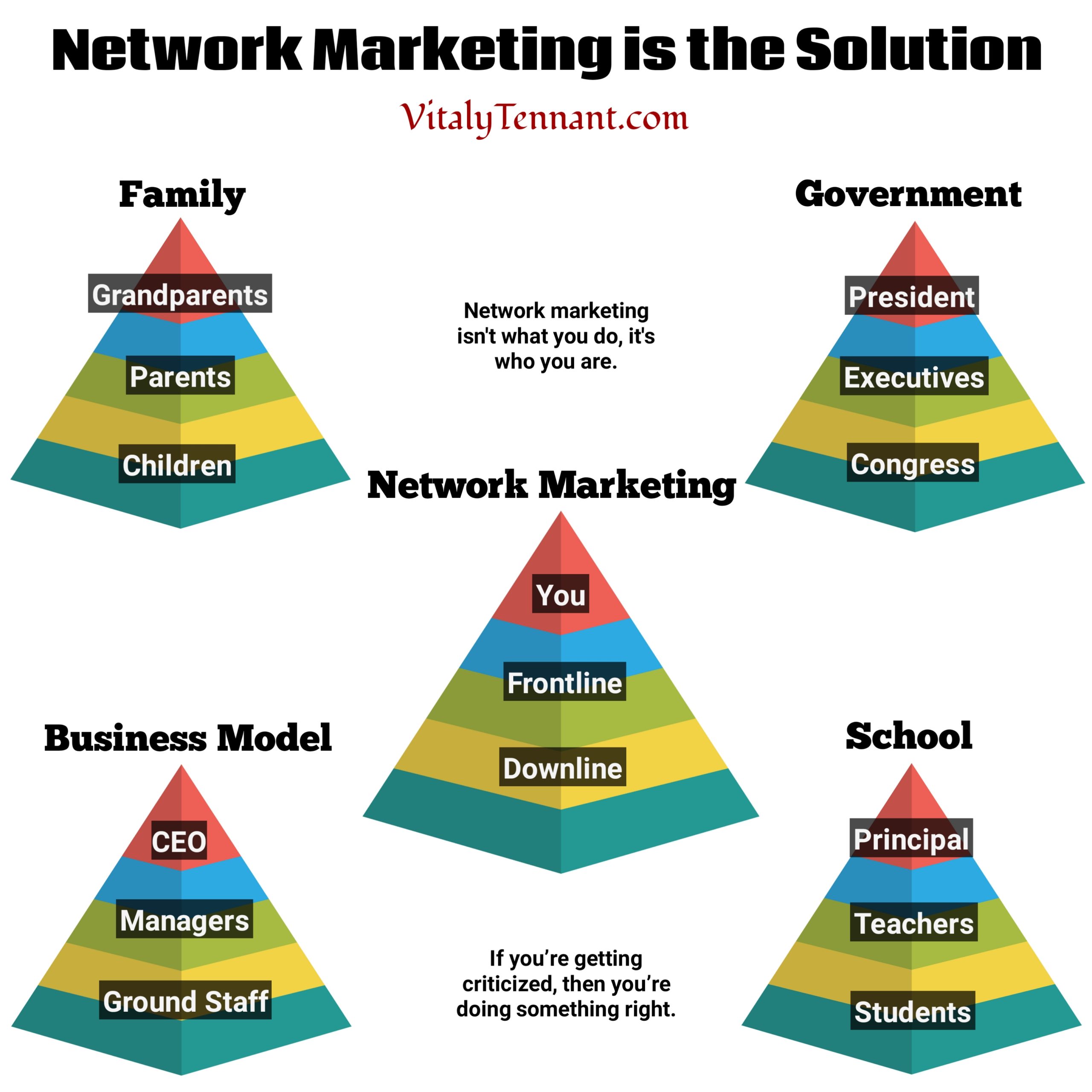- 10% of life is what happens to you; you cannot control it. 90% is determined by how you react to that 10%.
- Your reaction to an event, not the event itself, determines the outcome and the quality of your day. You caused your bad day.
- In business, focus on the top 10% of tasks, the "vital few," which are more valuable than the other 90% combined.
- To achieve success like the wealthy, pick one big goal and dedicate your focus and work to it all the time.
Adaptation of Insights
90/10 Principle of Stephen Covey
Discovering the 90/10 Principle. It will change your life (at least the way you react to situations).
What is this principle?
10% of life is made up of what happens to you. 90% of life is decided by how you react. What does this mean?
You really have no control over 10% of what happens to you. You cannot stop the car from breaking down, and you could even get into a truck accident. The plane will be late arriving, which throws your whole schedule off. An unexpected investment or business failure. A driver may cut you off in traffic. You have no control over this 10%.
The other 90% is different. You determine the other 90%. How? By your reaction. You cannot control a red light, but you can control your reaction. Don’t let people fool you, you can control how you react.
<Start excerpt from the book (edited):
Let’s take an example. You are eating breakfast with your family. Your daughter knocks over a cup of coffee onto your business shirt. You have no control over what just happened. What happens next will be determined by how you react. You curse. You harshly scold your daughter for knocking the cup over. She breaks down in tears. After scolding her, you turn to your spouse and criticize her for placing the cup too close to the edge of the table. A short verbal battle follows. You storm upstairs and change your shirt. Back downstairs, you find your daughter has been too busy crying to finish breakfast and get ready for school. She misses the bus. Your spouse must leave immediately for an appointment. You rush to the car and drive your daughter to school. Because you are late, you drive 40 miles an hour in a 30 mph speed limit. After a 15-minute delay and throwing $60 traffic fine away, you arrive at school. Your daughter runs into the building without saying goodbye. After arriving to a meeting 20 minutes late, you find you forgot your laptop. Your day has started terrible. As it continues, it seems to get worse and worse. You look forward to coming home, when you arrive home, you find a small wedge in your relationship with your spouse and daughter. Why? Because of how you reacted in the morning.
Why did you have a bad day?
A) Did the coffee cause it?
B) Did your daughter cause it?
C) Did the policeman cause it?
D) Did you cause it?
The answer is “D”
You had no control over what happened with the coffee. How you reacted in those 5 seconds is what caused your bad day. Here is what could have and should have happened. Coffee splashes over you. Your daughter is about to cry. You gently say “it’s ok honey, you just need to be more careful next time.” Grabbing a towel you rush upstairs. After grabbing a new shirt and your laptop, you come back down in time to look through the window and see your child getting on the bus. She turns and waves. You arrive 5 minutes early to your meeting. Your business partner comments on how good the day you are having. Notice the difference? Two different scenarios.
Both started the same.
Both ended differently.
Why? Because of how you reacted. You really do not have any control over 10% of what happens. The other 90% was determined by your reaction.”
End book excerpt>
Not Fight or Flight… Just Float, then Accomplish
There are many situations that could trigger dysfunctional reactions. These are times when it is important to remember this rule and use your willpower so you don’t get carried away by emotions. The true key is to accept that frustrations are part of the game of life.
Living goes hand in hand with experiencing adversity. Studies say that each human being will experience 20,000 misfortunes during the course of their life. These can be mild, like stepping on dog poop, or serious things like losing a loved one. It is something you should include in your plans, and it is impossible to control. You are only responsible for how you are impacted by these setbacks. When you find yourself dealing with something that you know you can’t control, put the 90/10 rule into practice. You know that 90% depends on you. If you manage not to let yourself be carried away by the 10%, whatever happens will remain a molehill. You will have freed yourself from making it into a mountain.
You won’t regret using the 90/10 principle in your life. Quite the opposite, you’ll be amazed by the results.
The 90/10 Principle is becoming popularized in business. Basically, the way that works is that you focus on the 10% (if not less) of the work you do. If you have a list of ten items to accomplish, only one of those items will turn out to be worth more than the other nine items put together. The sad fact is that most people procrastinate on the top 10 percent of items. However, these are the most valuable and important — the “vital few.” Instead, they busy themselves with the least important 90 percent, the “trivial many,” which contribute very little to their success.
Goal Setting
Finally, let’s discuss this study that has just been done about the attitudes of rich people versus poor people in regard to goal setting. The study found that 85% of rich people have one big goal that they work on all the time. Therefore, if you want to be wealthy, perhaps you should do what wealthy people do. Pick one big goal and work on it all the time. If you do, it will change your life.
Don’t stress too much on all the tasks that you need to accomplish via 90/10 principle as it is about what happens, and how you react has a huge impact on your results and life in general. In business, pick 1 or 2 goals (out of many that you may want to do) and make that your main priority when it comes to accomplishing and maintaining your focus to achieve your goal.














